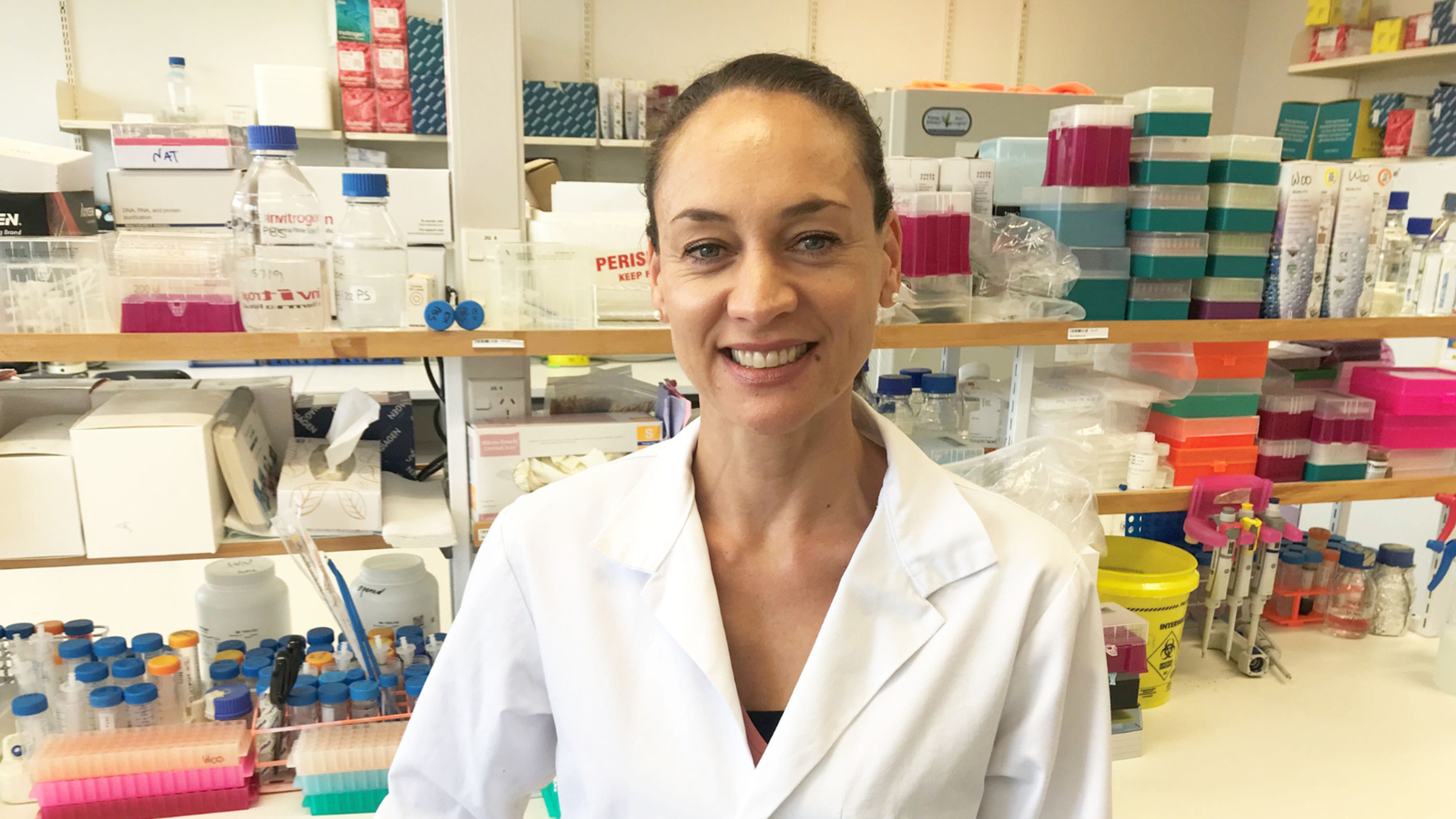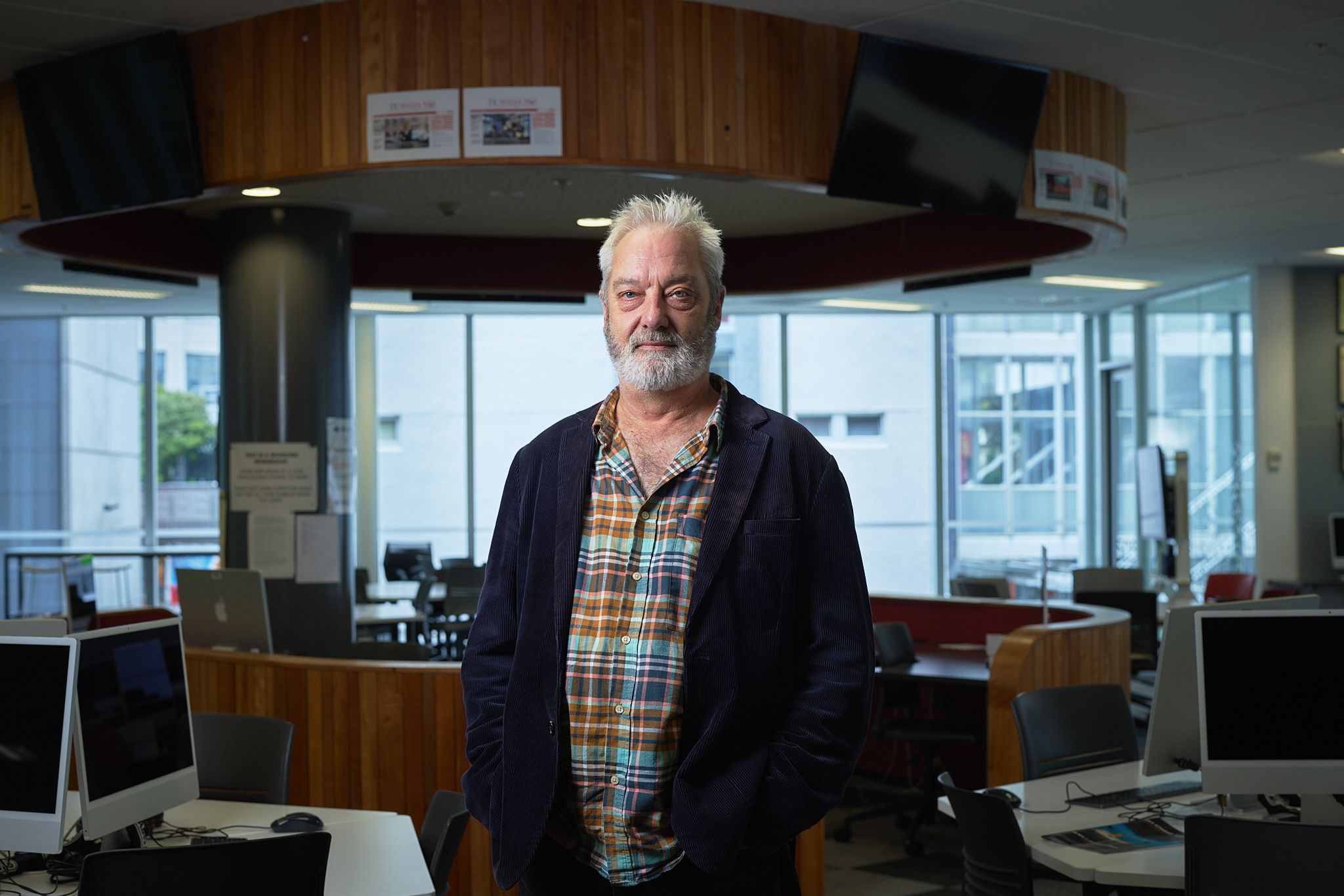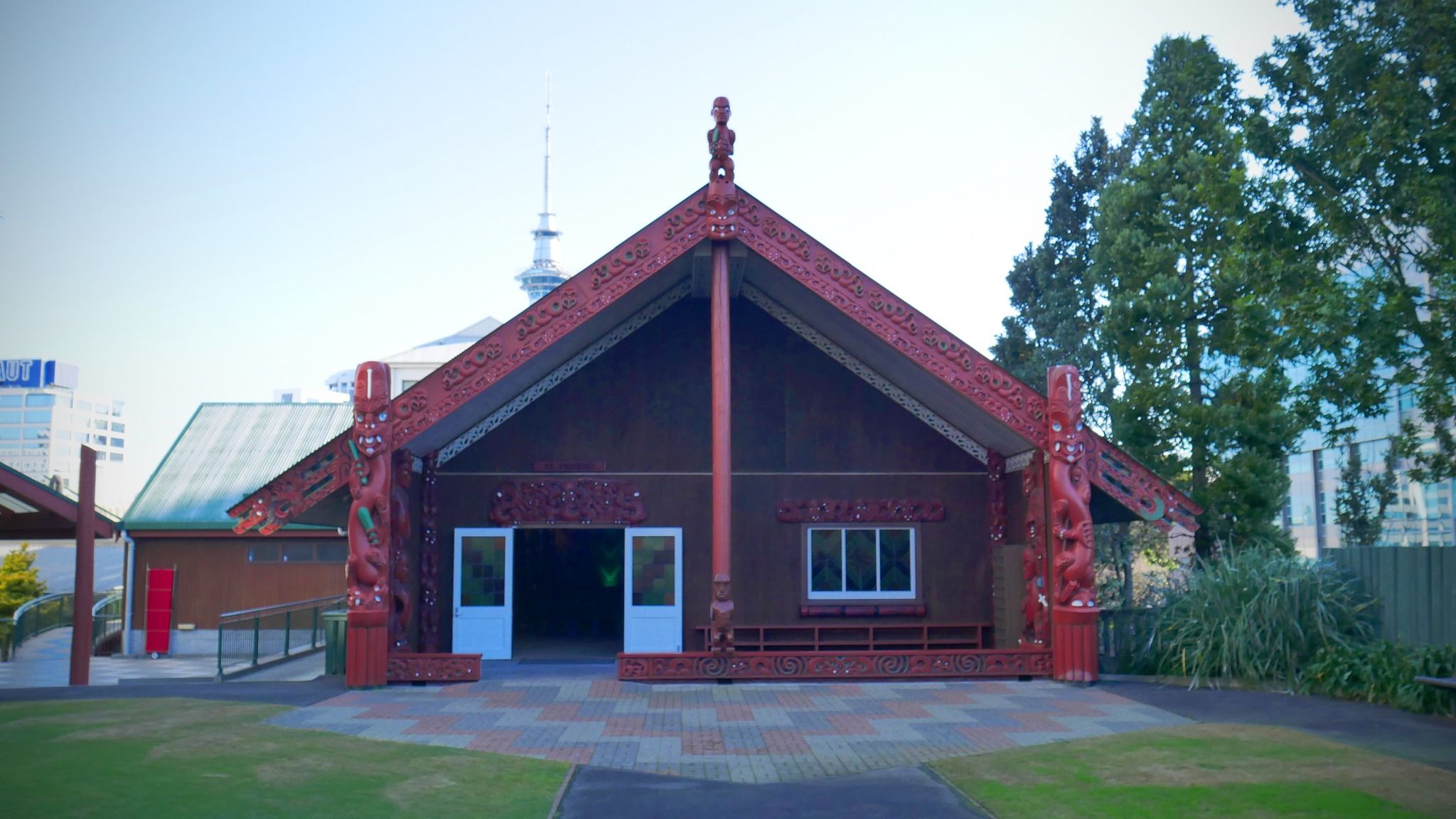

Indigenous journalism is the first course of its kind in the world to be launched at AUT.
Photo/AUT.
AUT launches world-first indigenous journalism course
Gregory Treadwell, AUT head of journalism, says the course is about “giving indigenous journalists the space to go back to the source.”



‘Shot put queen’ Dame Valerie Adams leads Pacific pride at NZ's Halberg Awards 2026

Pacific digital-finance push continues despite global crypto volatility



Fiji fast-tracks needle programme as new study shows HIV cases surging at record pace

‘Shot put queen’ Dame Valerie Adams leads Pacific pride at NZ's Halberg Awards 2026

Pacific digital-finance push continues despite global crypto volatility

Auckland University of Technology (AUT) is excited to welcome its new indigenous journalism course, ‘Hokia ki te Mātāpuna’ (return to the source).
The 12-week postgraduate course is part of AUT’s revamped Master’s programme in inclusive journalism that focuses on traditional indigenous storytelling, including Māori customs, language, and principles.
AUT’s head of journalism Dr Gregory Treadwell said they were very excited to launch this bespoke programme
“The whole idea of the course … is about giving indigenous communities opportunities to explore traditional storytelling and see if those traditional forms of storytelling, those indigenous forms of storytelling can be used today and in the future to empower and form indigenous communities.
“It’s about giving indigenous journalists the space to go back to the source.”
Treadwell, of Māori and Pakeha descent, has worked at AUT for 20 years. Before his current role, he was a journalist, photographer, and newspaper editor.
“The world’s at a time when journalism, we need to understand journalism and its importance better and this is an opportunity for journalists themselves,” said Treadwell.
“It’s an opportunity to enter the world of journalism at a time and place when transformation is both needed and possible.”

Gregory Treadwell, AUT's head of journalism. Photo/AUT.
A transformative shift
The course was developed in collaboration with esteemed Māori journalist Carmen Parahi and other global indigenous media experts.
“It’s really giving both scholars, the lecturers, and the students a space to explore how to rediscover traditional sources of storytelling,” Treadwell said.
Discussions around redeveloping AUT’s Master in Communications programme began in early 2024, and consultation focussed on the need for different forms of storytelling.
“First of all, there’s the kind of indigenous journalists working in mainstream newsrooms and telling stories with the tools of Western journalism.
“There’s a new one, which we are calling Kawepūrongo which I guess would include Pacific Media Network using Western journalism principles, but used and adapted by indigenous people and communities and organisations interweaving indigenous cultural principles and practices within the gathering of news and the dissemination of news.
“But maybe there’s a third type of indigenous journalism that we’re interested in seeing if indigenous students and lecturers would like to give some shape to and we’re calling it Te Mātāpuna, which centers on traditional indigenous storytelling and communication practices, that does not look to Western journalism for its principles.”
Treadwell is confident the course will provide a platform to empower indigenous communities.
“There’s that kind of shift we have to make to accept that indigenous communities can do everything they need to do within their own traditional practices to sustain a healthy community.”
Cultural foundations
While the course will have a foundation in Māori principles and tikanga, Treadwell said they aim to have the course run by indigenous people for indigenous outcomes.
“It will be influenced by Māori studies … and there are opportunities for synergies and contributions but it sits firmly within the journalism programme.
“Even if there are other indigenous cultures who come to study, the manaaki [respect], having it in our marae and things like that, it’s very important that it is in kaupapa Māori.”
Catered to working professionals
The course is structured to accommodate working professionals, with sessions to be held on Saturday and a few hours in the evening every second week.

Ngā Wai o Horotiu marae at AUT. Photo/AUT.
“The whole idea is to encourage journalists and other communicators who would like to explore, upskill their thinking around the future of journalism and the future of indigenous and other inclusion issues.”
The course is open to both domestic and international students from indigenous communities with plans to expand accessibility through scholarships and potential partnerships with institutions worldwide.
Apply now
As the course prepares to welcome its inaugural cohort in 2025, AUT is actively seeking students who are passionate about indigenous journalism, and there are some scholarship options, Treadwell said.
“It’s a one and a half year course. In the first year of study, half of your fees would be paid if you were accepted as one of these 12 scholarships.
Applications are now open. For more information visit AUT website or contact Treadwell at gregory.treadwell@aut.ac.nz